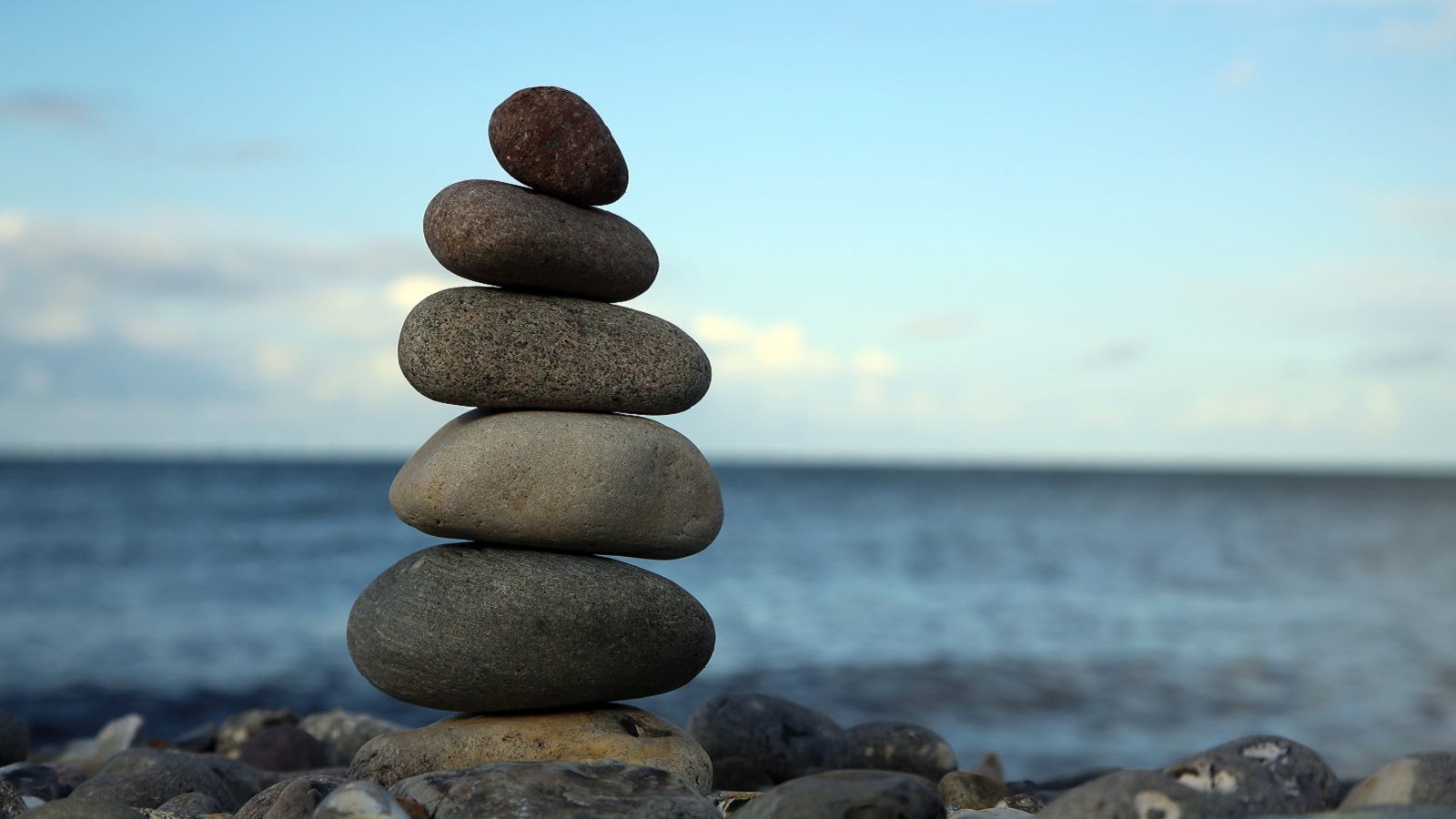Mindfulness, in its simplest construct, is generally defined as deliberate present moment awareness, without judgment, coupled with curiosity about what arises. Yet, this seemingly reasonable and scientifically studied approach to living fully, being authentic, and “embracing what is” translates into a minefield when the starkness of such awareness is filled with grief and dread.
Thanissara, a Buddhist teacher and co-founder of the Dharmagiri Sacred Mountain Retreat in South Africa, wrote:
A lot of the time we feel, ‘It shouldn’t be like this!’ It should be somehow different. We should be in a heaven-like world. But we weren’t born into heaven; we were born in this world, with […] suffering, exploitation, difficulty, and pain. Accepting the reality of dukkha [dissatisfaction] isn’t an abdication from response; it is a way to understand that the most effective way we can change the world is through the quality of our own awareness. As we work to resolve our personal dukkha, we lessen the possibility that our actions will increase the suffering that already exists.
Each person has unique qualities, which, when viewed as a package, render no one better or worse than another. However, our culture is constructed literally to encourage the opposite: competition, winners and losers, survivors and the defeated.
Being with the fullness of our emotions, from delights to apprehensions, elation to wounds, is challenging. As we practice staying with these feelings through mindful investigation, it is common to feel overwhelmed and isolated, especially when this amped up awareness is not accompanied by appropriate guidance. A tried-and-true method of creating balance in these instances is to gently and slowly further open the aperture of our awareness to take in the full field of what is here for us, as well as begin to add practices of self-compassion. This will prompt greater understanding of both our own situation and of our interwoven and interdependent nature with others. Importantly, sustained skillful effort is needed for this to occur, which can be fraught with obstacles due to few readily available external reminders and rare encouragement or mentoring.
While this path may be emotionally agitating under ordinary circumstances, it can take on greater weight and complexity when a person’s status in their community is one of marginalization, where sufficiently safe spaces do not exist. Marginalization can occur in many ways, based on race, ethnicity, gender identity, sexual orientation, religious identity, or cultural practices—the list could go on. It’s reasonable, and for many preferred, to have their authentic selves stay private, among only with those they choose to share. Unfortunately, though, those outside their chosen group, which may include certain family members, neighbors, friends, employers, landlords, and political and community leaders, oftentimes impose dangerously narrow beliefs and choices.
Just existing may carry with it real risks to life and livelihood. Depending on where one lives, the construct of a particular situation, and how one presents, being part of this marginalized group may mean being seen as “less than,” an abomination, or even criminal. These risks vary by region and neighborhood. It can also depend on an individual’s activity and their association with a particular facility, such as a Black teenager in a public school, a transgender athlete playing on a well-funded college sports team, a Muslim employee at a Christian institution, or an elderly gay man in a hospital or nursing home.
In these situations, individual rights and protections are often obstructed or ignored, transforming what would be for the majority population unremarkable engagements into highly charged situations. Further, the marginalized person’s feeling of threat, of being under siege, fed by their own real, direct, learned past experiences, often has a profound impact on their own feelings of overall safety and belonging. This can lead to self-loathing and diminished self-worth.
The beauty of mindfulness is it presents a path toward being exactly as we are—not as others may think we are or should be, and not how we may have historically seen ourselves. It isn’t about pretending that things are different than what is plainly present in reality. Instead, it broadens the view to better allow room for the warranted confidence that is everyone’s birthright to grow and flourish. Anything less is a bona fide violation of human rights.
By holding this more fulsome awareness with a kind and compassionate heart and being mindfully curious about ourselves in a nurturing way, it is possible to achieve a sense of mental calmness, composure, and evenness of temper. Understanding and being with our own suffering informs and furthers our ability to understand the suffering of others. This may not immediately alter the minds of those close by, but it can be a spark for thoughtful social action and engagement, ultimately nudging change in our corner of the world, one moment at a time.
**Feature photo obtained with standard license on Shutterstock.
Interested in other articles like this? Subscribe to our monthly newsletter
Interested in contributing to the Primary Care Review? Review our submission guidelines
 Bryan Cadel, JD, is a Certified Mindfulness Teacher, trained in Mindfulness-Based Stress Reduction (MBSR) at the University of Massachusetts Medical School’s Center for Mindfulness in Medicine, Health Care, and Society and the Brown School of Public Health’s Center for Mindfulness, and has extensive silent retreat experience in the Buddhist tradition. Bryan practiced law at major insurance companies for over 30 years and now teaches secular mindfulness practices to individuals and organizations that seek to improve well-being and effectiveness in work and life. Through his programs, participants learn to access and cultivate their own natural capacity to actively engage in caring for themselves and to find greater balance, ease, and peace of mind. He began his meditation practice in 2004 and has been offering mindfulness programs since 2012.
Bryan Cadel, JD, is a Certified Mindfulness Teacher, trained in Mindfulness-Based Stress Reduction (MBSR) at the University of Massachusetts Medical School’s Center for Mindfulness in Medicine, Health Care, and Society and the Brown School of Public Health’s Center for Mindfulness, and has extensive silent retreat experience in the Buddhist tradition. Bryan practiced law at major insurance companies for over 30 years and now teaches secular mindfulness practices to individuals and organizations that seek to improve well-being and effectiveness in work and life. Through his programs, participants learn to access and cultivate their own natural capacity to actively engage in caring for themselves and to find greater balance, ease, and peace of mind. He began his meditation practice in 2004 and has been offering mindfulness programs since 2012.
- Share
-
Permalink


